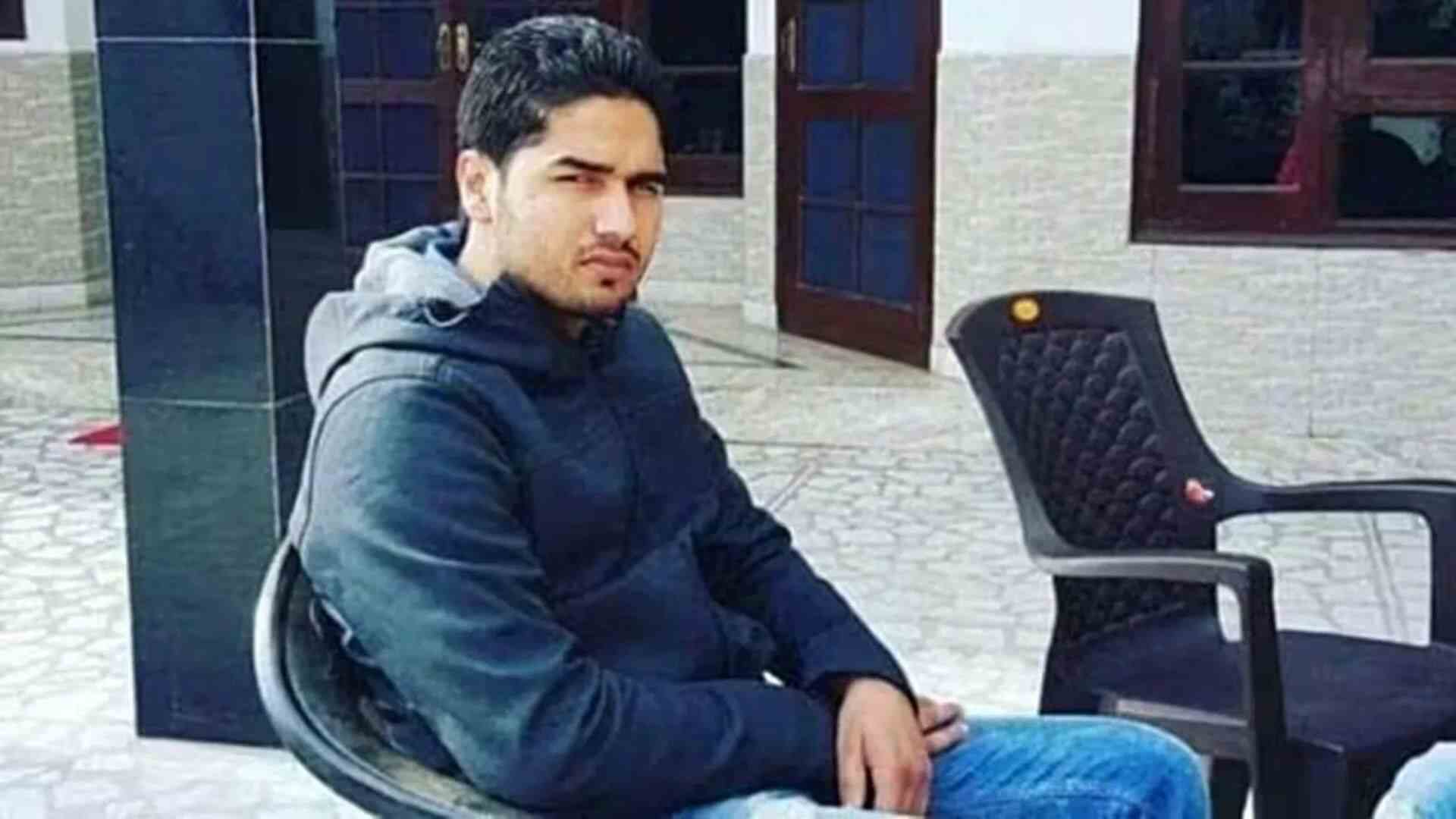
We all want more peace and happiness in our life, and we have a right to that. When we feel trapped or stuck in a situation or relationship, we tend to think, “Why am I stuck in this situation, with these people” and “I really want this to change”. Then, as time goes by and the situation continues in the same way, in our frustration, we wonder, “Why isn’t it changing?” This is because on one level, we do want things to be different, but on another, more subconscious level, we are in fact sustaining the situation.
We sustain the status quo in two ways. The first is by continually complaining about it, especially if those complaints are internal, we reinforce it subconsciously. The second is by not recognising what it is that we are attached to in the situation, or the person.
The two most important things to work on, if we want things to change, are attitude and vision. There is a powerful statement which cannot be overstated; “As is your vision, so is your world.”
Change has to start within, it has to start with my own thoughts. A thought creates a vibration, or frequency. That frequency goes into my relationships and situations I find myself in. So, I need to ask myself, “What kind of energy am I putting into my relationships?”
What I think about will influence what I feel and that will drive how I behave. If I cultivate an attitude of gratitude, if I appreciate all that I have and all that those in my life contribute to my well-being, in one way or another, situations change in amazing ways. Even those who upset us are teaching us something. Gratitude and the application of virtues transform even the most hopeless of situations.
Rajyoga meditation, as taught by the Brahma Kumaris, could in fact be called the study and application of divine virtues. Meditation is a powerful way to understand what I really want from my life, and how I am contributing to the outcomes I wish for. If I begin to apply virtues in my interactions and to the vision I hold, then whatever is happening hides treasures for me.
To see the treasure that is hidden, requires three specific virtues. Firstly, patience. Values travel slowly and may take some time to become visible. Secondly, tolerance. A situation may need to be tolerated for some time, for the good that is hidden to become visible. Thirdly, and very importantly, the virtue of introversion.
Rather than being occupied in thoughts of why or how or what or criticising and policing others, I need to check the attitude and vision I am holding, and correct it. Then I will be able to see the treasure hiding there. Being spiritually aware means that anything I wish to improve must first begin with taking responsibility for how I feel and then to begin to upgrade the thoughts I have and how they are affecting my attitude.
The more moments of silence we can build into our lives the more the mind works in a better way. Take time each day to sit quietly, preferably early in the morning, and ask, what do I really want? How do I define a successful life? What is really important to me? These questions take you to the engine room of you, the soul. Live from there and then you become highly effective and everything that is the best in you begins to work for you—and life responds.
Yogesh Sharda is the National Coordinator of the Brahma Kumaris’ services in Turkey.















